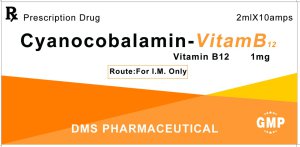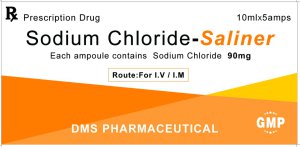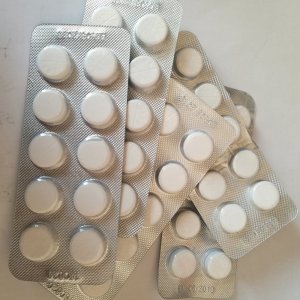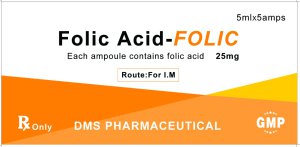Mecobalaminum (Vitamin B12) Injection Mecobalamin Injection Cyanocobalamin Injection
-
Price:
Negotiable
- minimum:
- Total supply:
-
Delivery term:
The date of payment from buyers deliver within days
-
seat:
Shanxi
-
Validity to:
Long-term effective
-
Last update:
2017-12-07 20:39
-
Browse the number:
196
+
- Contactaixin:
Mr. Kaide(Mr.)
-
Email:
telephone:
phone:

-
Arrea:
Shanxi
Address:No. 220, Yan'an 3rd Road, Qingdao, Shandong, China 266071
- Website:
+
Product Description
| Product name | Vitam B12 |
| Specifications | 2ml |
| Composition | Vitamin B12 Each AMP |
| Package | 5 amps/box OR 10 amps/Box |
| Storage | Keep out of reach of children Store below 25oC Protect from light |
| Shlef lift | 36 month |
| Routd | For I.M. |

DESCRIPTION: Cyanocobalamin Injection, USP is a sterile solution of cyanocobalamin for intramuscular or subcutaneous injection. Each mL contains 1000 mcg cyanocobalamin.CLINICAL PHARMACOLOGY:
Vitamin B 12 is essential to growth, cell reproduction, hematopoiesis, and nucleoprotein and myelin synthesis.
Cyanocobalamin is quantitatively and rapidly absorbed from intramuscular and subcutaneous sites of injection; the plasma level of the compound reaches its peak within 1 hour after intramuscular injection. Absorbed vitamin B 12 is transported via specific B 12 binding proteins, transcobalamin I and II to the various tissues. The liver is the main organ for vitamin B 12 storage.
Within 48 hours after injection of 100 or 1000 mcg of vitamin B 12, 50 to 98% of the injected dose may appear in the urine. The major portion is excreted within the first eight hours. Intravenous administration results in even more rapid excretion with little opportunity for liver storage.
Gastrointestinal absorption of vitamin B 12 depends on the presence of sufficient intrinsic factor and calcium ions. Intrinsic factor deficiency causes pernicious anemia, which may be associated with subacute combined degeneration of the spinal cord. Prompt parenteral administration of vitamin B 12 prevents progression of neurologic damage.
he average diet supplies about 5 to 15 mcg/day of vitamin B 12 in a protein-bound form that is available for absorption after normal digestion. Vitamin B 12 is not present in foods of plant origin, but is abundant in foods of animal origin. In people with normal absorption, deficiencies have been reported only in strict vegetarians who consume no products of animal origin (including no milk products or eggs).
Vitamin B 12 is bound to intrinsic factor during transit through the stomach; separation occurs in the terminal ileum in the presence of calcium, and vitamin B 12 enters the mucosal cell for absorption. It is then transported by the transcobalamin binding proteins. A small amount (approximately 1% of the total amount ingested) is absorbed by simple diffusion, but this mechanism is adequate only with very large doses. Oral absorption is considered too undependable to rely on in patients with pernicious anemia or other conditions resulting in malabsorption of vitamin B 12.
Cyanocobalamin is the most widely used form of vitamin B 12, and has hematopoietic activity apparently identical to that of the antianemia factor in purified liver extract. Hydroxycobalamin is equally as effective as cyanocobalamin, and they share the cobalamin molecular structure.
INDICATIONS AND USAGE:Cyanocobalamin is indicated for vitamin B 12 deficiencies due to malabsorption which may be associated with the following conditions:
- Addisonian (pernicious) anemia
- Gastrointestinal pathology, dysfunction, or surgery, including gluten enteropathy or sprue, small bowel bacteria overgrowth, total or partial gastrectomy
- Fish tapeworm infestation
- Malignancy of pancreas or bowel
- Folic acid deficiency






